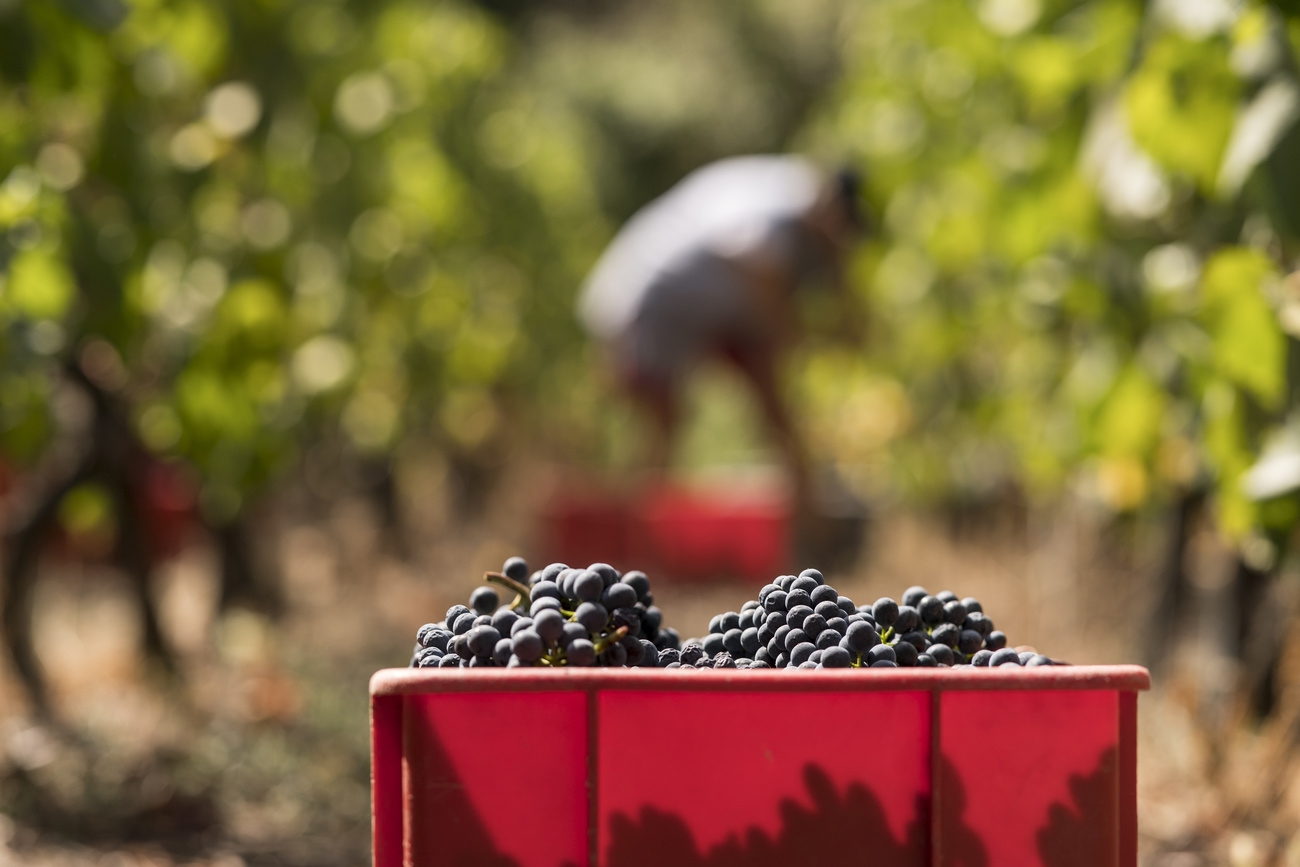
Switzerland has lowest prevalence of modern slavery

Switzerland was ranked last on the 2023 Global Slavery Index, which draws on national estimates of modern slavery for 160 countries.
The Alpine nation had the lowest prevalence of modern slavery with an estimated 0.5 modern slaves per 1,000 residents, according to the rankingExternal link that was released on Wednesday by the Australia-based Walk Free foundation that tracks national estimates of modern slavery around the world. North Korea had the highest prevalence of modern slavery, followed by Eritrea, Mauritania, Saudi Arabia and Turkey, the index showed.
Despite its good performance, Switzerland is estimated to harbour around 4,000 modern slaves based on data extrapolated from the International Labour Organization and the International Organization for Migration. It was criticised, along with other rich countries, in the foundation’s 172-page report for taking limited action despite larger resources at its disposal in terms of GDP per capita.
“Modern slavery refers to situations of exploitation that a person cannot refuse or leave because of threats, violence, coercion, deception, or abuses of power,” states the Walk Free foundation.
Examples of modern slavery include forced labour, forced marriages, debt bondage, sexual exploitation or human trafficking.

In compliance with the JTI standards
More: SWI swissinfo.ch certified by the Journalism Trust Initiative




























You can find an overview of ongoing debates with our journalists here . Please join us!
If you want to start a conversation about a topic raised in this article or want to report factual errors, email us at english@swissinfo.ch.